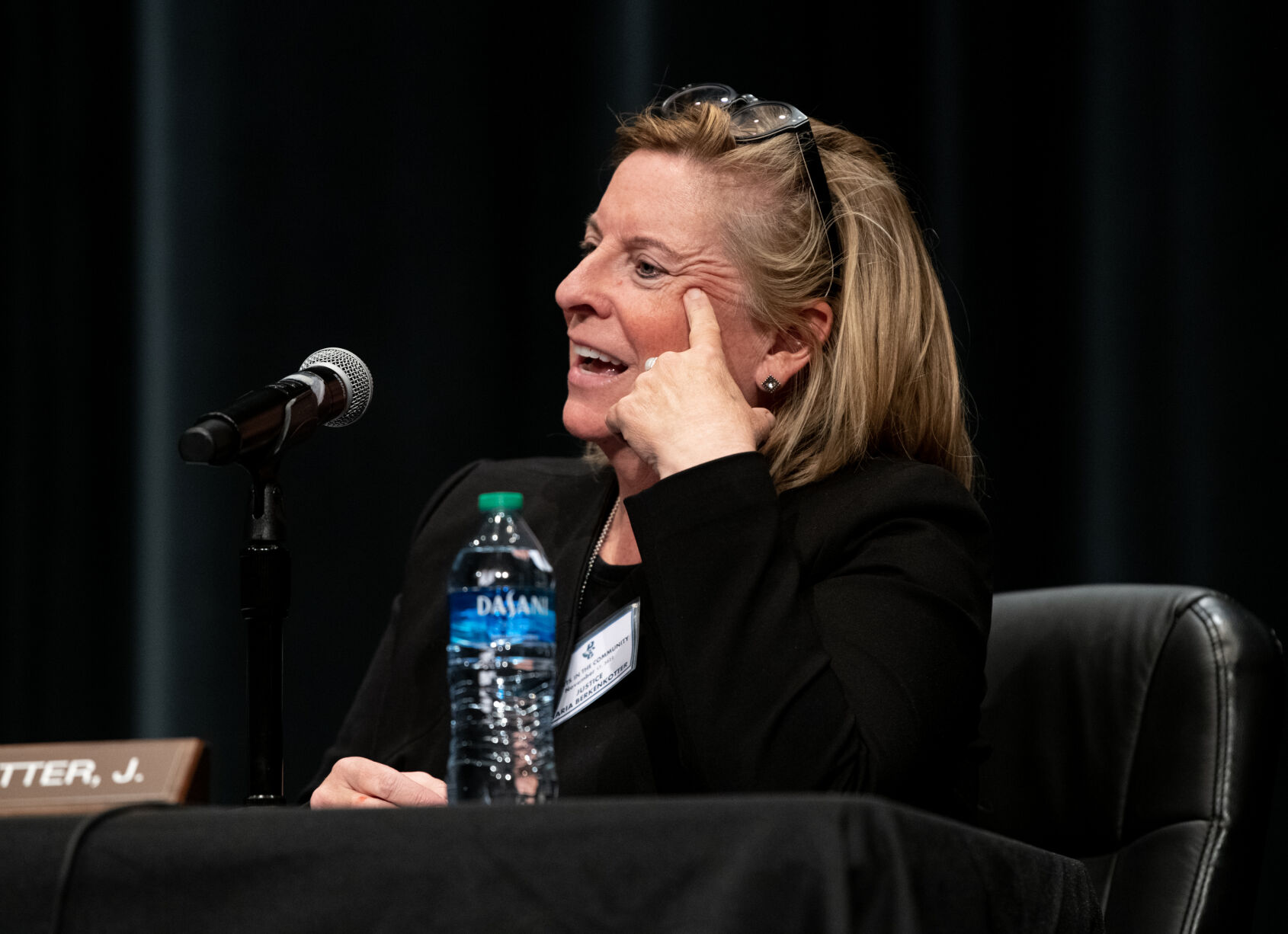State Supreme Court rebuffs challenge to oil, gas taxation in Montezuma County

The Colorado Supreme Court on Tuesday overturned an appellate court decision that would have enhanced the ability of individual oil and gas owners to challenge their property tax bills, and would have also increased the administrative workload for counties in extraction-rich areas of the state.
The justices clarified that the legislature intended to create a “representative” system for taxation, in which the company operating an oil or gas well is the sole point of contact for all other entities that have a financial stake in the well. Consequently, a group that collectively owes $500,000 in property taxes for their share of a Montezuma County carbon field may not protest their tax bill on their own.
“The entity with the authority to protest a valuation, then, must be the one that received the notice of valuation, and in this context, the only entity that receives notice of valuation is the unit operator,” wrote Justice Maria E. Berkenkotter in the Feb. 21 opinion.
Although the court’s decision was consequential for the decade-long tax fight in southwestern Colorado, the General Assembly stepped in while the case was pending to clarify that unit operators are, as the Supreme Court agreed, the “sole point of contact” for property tax challenges going forward.
In Colorado, oil and gas ownership is taxed as real property based on the quantity and value of the underground minerals. Those who own a stake in an oil or gas operation may sell their share of the minerals themselves or otherwise rely on someone else to market the product, receiving compensation afterward.
The McElmo Dome Unit comprises approximately 203,000 acres in southwestern Colorado. Operator Kinder Morgan extracts the carbon and transports it to Texas by pipeline. Montezuma County discovered in 2009 that Kinder Morgan had underreported the unit’s value for the prior tax year, and raised its valuation by $57 million after an audit. Kinder Morgan subsequently appealed the $2 million tax increase all the way to the Supreme Court, which deemed the retroactive valuation lawful.
Kinder Morgan then passed along the increase to those who owned fractions of the McElmo Dome Unit. One group, calling itself the CO2 Committee, Inc., represented owners with a collective 11.2% stake in the unit and were charged approximately $500,000 for the retroactive increase. The committee attempted to challenge the assessment, but Montezuma County allegedly declined to recognize their status as taxpayers who could legally file a protest.
In March 2021, the Court of Appeals sided with the committee. A three-judge panel found nothing in state law that made unit operators the exclusive representative for all taxpaying owners of a well during retroactive increases in value. Consequently, those who own a fractional interest in a well were entitled to notice of an increase and the ability to challenge it.
“Absent clear language authorizing the unit operator to represent all taxpaying nonoperating fractional interest owners in the review, audit, protest, and abatement procedures, each such taxpayer has standing to assert that its rights in such procedures have been violated,” wrote Judge Jaclyn Casey Brown for the panel.
Montezuma County and the administrator of the state’s Division of Property Taxation quickly appealed, deeming the ruling an “administrative nightmare.” Counties, they argued, would now have to expend extra effort identifying all owners for oil and gas wells, which number in the tens of thousands statewide. They called the task “likely impossible.”
“If even a substantial portion of the fractional interest owner in each oil and gas unit exercised the option provided to it by the court of appeals, the system would be overwhelmed,” wrote the Colorado Attorney General’s Office.
Meanwhile, lawmakers signaled the Court of Appeals’ interpretation was not what the legislature intended.
“The statute needs to state the assessor only communicates with the operator. That is current practice. That is working,” said Sen. Barbara Kirkmeyer, R-Brighton, during a committee hearing in 2022. The General Assembly enacted her bill into law, explicitly stating that unit operators are the sole point of contact for tax protests.
While the Supreme Court did not rely upon the legislature’s clarification alone in reaching its decision, Berkenkotter noted the General Assembly had made its intent clear. In the context of Colorado’s representative system for oil and gas taxation, she wrote, the right of “any person” to protest a retroactive tax increase meant the unit operator only. Consequently, the CO2 Committee had no legal interest it could vindicate by challenging the increase on its own.
The “General Assembly’s decision to make the unit operator the sole point of communication with the assessor throughout the initial valuation and protest process demonstrates its intent to create a representative system in which the unit operator represents fractional interest owners at every stage of the property tax assessment process,” Berkenkotter concluded.
The case is Colorado Property Tax Administrator v. CO2 Committee, Inc.














